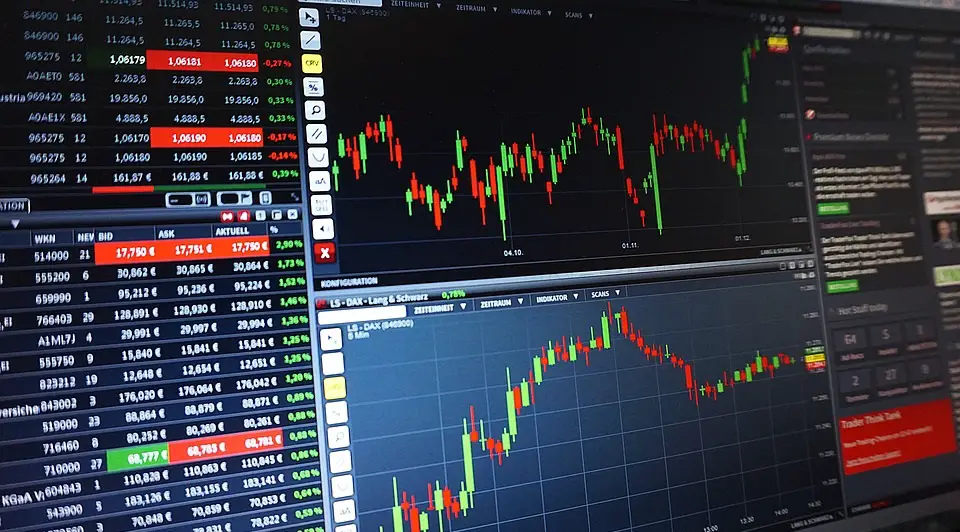On Monday, the World Economic Forum published the results of a survey the group took, which showed that over half of the surveyed economists were predicting a global recession in 2023. The results were published amid the annual meeting of the World Economic Forum in Davos, Switzerland, whih attracts business and governmental leaders from across the globe.
The survey polled 22 economists who were drawn from high-level positions in international organizations and agencies, including investment banks, multinational companies, and the International Monetary Fund.
Nearly two-thirds of respondents reported believing it likely there would be a global recession in 2023, with 18% judging it “very likely.” That is twice the number found in a previous poll taken in September 2022. Only a third of respondents judged a recession unlikely.
The respondents predicted there would be “significant regional variations” in the outlook for inflation in 2023. 57% of respondents had high inflation expectations for Europe, however only 5% had high inflation expectations for China. The percentage of economists predicting high inflation for Europe increased from 47% to 57% since September 2022.
WEF Managing Director Saadia Zahidi said in a statement regarding the survey, “The current high inflation, low growth, high debt and high fragmentation environment reduces incentives for the investments needed to get back to growth and raise living standards for the world’s most vulnerable.”
The WEF survey comes on the heels of the World Bank’s latest report, which reduced global growth forecasts, predicting that as many countries confront energy, inflation, and food security crises, global economic growth will drop to near-recession levels.

